|
Greetings, valiant adventurers and aspiring heroes! If you’ve ever found yourself tangled in the chaotic dance of battle during a tabletop RPG, you may have heard echoes of the mysterious term **“action economy.”** But what does that even mean? Is it like the economy but with more dice rolling? Spoiler alert: it’s less about spreadsheets and more about maximizing your heroic potential! Buckle up as we explore the secrets of action economy—the ultimate tool for mastering the battlefield and ensuring your adventures are not just epic but smartly executed!
Understanding Action Economy: The Basics, What Is Action Economy? Let’s break it down! In RPGs, action economy refers to the concept of how many actions characters can take in a single turn during combat. We’re talking standard actions, bonus actions, reactions, and movement actions. Understanding this system is crucial because it can significantly affect the outcome of any encounter. Imagine a chaotic tavern brawl. Everyone’s shouting, mugs are flying, and suddenly your rogue shouts, “I’m going to sneak attack the bartender!” But if they’re relying solely on their one action while the brawling twin barbarians dominate the scene, their impact might be minimal. Knowing how to maximize your turns with action economy can mean the difference between victory and saying, “Right, I’ll just have a water.” Why Does Action Economy Matter? Simply put, effective action economy can turn the tide of battle. A party that understands how to maneuver their actions can create overwhelming advantages against their foes, while those who don’t may find themselves vulnerable, overwhelmed, or worse—surrounded by angry bouncers. Essentially, a well-coordinated team can multiply their effectiveness, while a disorganized group may flounder. The Basics of Actions in RPGs, Types of Actions: Let’s delve into the juicy bits! Here’s a breakdown of the different types of actions you can take during your turn: - **Standard Action:** Usually your main action for attacking enemies, casting spells, or doing something heroic. This is your bread and butter! - **Bonus Action:** This handy little action can often be taken alongside your standard action. However, keep in mind that not all characters or situations grant bonus actions. It’s usually linked to specific spells or abilities. - **Reaction:** This is your opportunity to spring into action outside your turn in response to something. Did an enemy just walk past you? You might want to use your reaction to attack! - **Movement:** You have a certain distance you can move on your turn, often determined by your character’s speed. This action is prime for tactical repositioning—important for dodging fireballs or glorious leaps over tables in a tavern. Movement: Not Just for Dancers: Don’t underestimate the value of movement! Positioning is key in combat, and being in the right spot can drastically change your effectiveness. I once played a mighty Paladin who, in one critical moment, leaped over a broken wagon while shouting, “I’ll save you!” and ended up standing between our rogue and an oncoming ogre. The rogue, however, hadn’t expected a line of defense and suddenly had the bouncer on their other side! Maximizing Your Actions, Combining Actions for Maximum Impact: To truly dominate the battlefield, you must learn how to combine your actions strategically. Think of it as choreographing a magnificent dance—the better you are at coordinating your moves, the more stunning your performance! For instance, let’s say you’re a fighter. You could spend your standard action to attack, move into a better position with your movement, and maybe finish with a bonus action to ready a shield. Imagine the power! You’re not just swinging at empty air; you’re strategically positioning yourself to take out that pesky enemy spellcaster. Utilizing the Environment: Ah, the battlefield itself! It’s like a giant puzzle waiting to be solved with your creative genius. Use obstacles, cover, or terrain to your advantage. Need to hide from a foe? Duck behind that table! That barrel of ale? Perfect for causing a distraction! During one session, my party found ourselves besieged by an overwhelming number of goblins. Instead of charging in, we used our environment to retreat behind some barrels, where our wizard could safely launch spells. Meanwhile, our rogue clambered up a stack of boxes to deliver a well-timed sneak attack. We set the goblins on fire and chuckled our way through victory, all thanks to clever environmental use! The Role of Teamwork in Action Economy, Synergizing with Party Members: You know what they say: teamwork makes the dream work! In an RPG, this couldn’t be truer. Learning how your party members’ actions can complement each other is crucial. If everyone knows how to sync their turns effectively, they amplify each other’s strengths. For instance, if the cleric buffs the fighter with a spell that increases attack power, and the rogue flanks the enemy to get that sneaky advantage—players can create a chain reaction where each character benefits from the success of the others. During one epic encounter, we devised an elaborate plan: our ranger would focus on distracting the enemy with swift arrows while our bard gave fascinating, rousing speeches to inspire us all. By the time I as a Paladin charged in with my sword aloft, the foes were already rattled and ready to flee! Incorporating Buffs and Support: Characters like bards and clerics shine when it comes to supporting their allies. Buffs can substantially alter action economy! An inspiring word from the bard may grant everyone an extra action, while that cleric’s healing spell might ensure the fighter can keep attacking instead of hiding behind cover. In one nail-biting match against a powerful necromancer, our bard sang a powerful combination of support songs, granting the fighter enough strength to charge the enemy, disarming them and buying our wizard the precious seconds needed to unleash a killer spell. If that wasn't teamwork, I don’t know what is! Common Mistakes to Avoid, Don’t Overcommit: One common pitfall is overextending during combat. It’s easy to get excited and rush headlong into battle! However, if your character goes too far out and exposes themselves to a flurry of attacks, it could lead to trouble. I once played a rogue who confidently darted into the fray only to find themselves cornered by a group of vicious kobolds. They had to burn through precious health potions while trying to escape. Remember—sometimes discretion really is the better part of valor! Ignoring Reactions: Another vital aspect often overlooked is the reaction. Players tend to focus heavily on their action or movement and forget they have a reactive opportunity. Utilizing reactions can turn the tide at critical moments! For example, my friend missed several chances to use their opportunity attacks and magic interrupts during one battle. We took care of our enemies, but it could have been magnificent to watch our wizard zap people as they sprinted away. Advanced Action Economy Strategies, Multi-Enemy Scenarios: When facing multiple foes, managing action economy can get chaotic. The key is to prioritize threats based on the enemies’ actions and their weaknesses while your teammates support one another. If you can create a plan to distribute damage, where everyone takes care of specific targets, you can enhance your chances of survival. I remember a climactic showdown against a swarm of enemy grunts and a powerful lieutenant. We focused on the henchmen first, swiftly dispatching them before turning our attention to the head honcho. Together, we whittled down the enemy numbers, demonstrating the importance of tactical engagement! Tracking Action Economy: When things get wild, keeping track of your collective actions can save time and confusion. Consider using a simple notepad or digital tools for complex battles. During my favorite long campaigns, I often kept a visual tracker of who had used their actions and movement. This kept everyone focused and flowing, ensuring no one duplicated roles accidentally. Real-World Examples and Scenarios, A Battle to Remember: Let me tell you about a time when everything clicked. During a particularly challenging encounter, our team faced a hefty dragon terrorizing a village. As we prepped to strike, we coordinated our actions beautifully. The ranger focused on sniping from afar, the cleric buffed everyone, and the rogue set traps behind the dragon's path. When it was my turn, I lunged in with my halberd, rolling a natural 20, combining my attack with a spell! The dragon’s health plummeted while our team operated like a well-oiled machine. That battle became the stuff of legends, all thanks to our execution of action economy! Learning from Failure: Conversely, in one disastrous encounter with a cunning group of thieves, we forgot to strategize effectively. We charged in one by one, easily isolating ourselves and falling prey to their ambush. We learned the hard way that sometimes pausing to coordinate can make all the difference! Embrace the Power of Action Economy! Congratulations, brave adventurer! You’ve now unlocked the secrets of action economy! By understanding and mastering this powerful tool, you’ll not only enhance your gameplay but also elevate your roleplaying adventures to a whole new level of excitement. Whether you’re commanding your party through treacherous dungeons or engaging in epic skirmishes, keep action economy in your sights, and you’ll find yourself at the top of your game. Now that you’re armed with this vital knowledge, what tactics are you planning to implement in your next campaign? Have you experienced epic victories or hilarious blunders tied to action economy? Let’s keep the excitement rolling! May your actions be bold and your dice always roll high! ⚔️🎲
0 Comments
You might wonder, what makes rolling dice and diving into fantastical worlds with a bunch of friends so special? Why are tabletop role-playing games (TTRPGs) not just games but, in fact, epic adventures that can forge lifelong friendships? Buckle your seatbelt; we're going on a journey filled with rolling dice, shared snacks, and memories that last longer than your character’s hit points!
The Magic of TTRPGs: Where Friends Are Made; What Exactly is a TTRPG? Let’s start with the basics. A TTRPG is a collaborative storytelling game where players create their characters and embark on adventures guided by a Game Master (GM). Think of it as a mix between a board game and improvisational theater, all wrapped in the fantasy of your wildest dreams (or nightmares, depending on your campaign)! Now, mix in a vacation, perhaps a weekend getaway where you play for hours on end, eat too many snacks, and laugh until your sides hurt. Sounds like a recipe for forging friendships, right? Oh absolutely! The Benefits of TTRPGs in Building Relationships; Shared Experiences: The Glue of Friendships: Picture this: You and your friends have just embarked on a quest to defeat a dragon and save a village. Your wizard accidentally casts a spell that causes explosions instead of spells! Suddenly, chaos ensues. In these moments of high drama, laughter, and even a little frustration, you’re sharing experiences that go beyond the game. Each mishap, each laugh, and each victory creates bonds. You’re not just rolling dice; you’re crafting tales that you’ll reminisce about for years. It’s the “Remember that time you cast Fireball at the bar?” moments that become the foundation of lifelong friendships. Emotional Connections: All Aboard the Feels Train: Let’s be real: playing a TTRPG isn’t just about slaying dragons (though it’s mostly that). It’s about growing as individuals and engaging emotionally with the story and characters. When you role-play, you embody your character—whether they’re a brave paladin or a mischievous rogue. You experience their highs, lows, and battles, which creates a unique emotional bond. Personally, I remember when my character faced betrayal (thanks a lot, rogue!). That moment stirred up so many feelings, from sadness to anger. But you know what? My friends empathized with my character, and in turn, we bonded while discussing our own experiences with friendship and betrayal. That connection reaffirmed our camaraderie both in the game and in life. Understanding the TTRPG Vacation Experience; TTRPG Vacations: The Ultimate Getaway: You might be thinking, "A vacation for TTRPGs? Is that really a thing?" Oh my dear adventurer, it absolutely is! Imagine setting up a weekend retreat in a cozy cabin, complete with snacks, drinks, and endless hours of gaming. Some TTRPG enthusiasts even attend conventions dedicated to gaming! Friends gather from all around, excited to meet, play, and create unforgettable memories. For many players, these conventions are like family reunions, filled with hugs, laughter, and competitive dice-rolling! Adventures and Activities that Fosters Friendship: So, what kind of activities can you expect during a TTRPG vacation? Apart from a ton of gaming, you could have themed dinner nights, game-themed costume contests, or storytelling circles where you share your most epic gaming moments. One of my favorite TTRPG trips involved a haunted mansion theme. We transformed our rental into a mysterious lair with dim lights, eerie music, and spine-chilling decor. We played a one-shot adventure where I, as the GM, introduced a ghost that had to be defeated with friendship and courage. Guess what? That unconventional twist brought everyone closer, and we left that trip with even more inside jokes! Creating a Safe Space for Collaboration; Crafting a Welcoming Atmosphere: Let’s talk about what it takes to truly forge friendships during TTRPG vacations. It starts with creating a safe, welcoming environment. Everyone should feel like they’re part of the group. As a GM, it’s my job to ensure each player’s voice is heard. This might involve checking in on quieter members to see how they’re feeling or making sure everyone has a chance to shine in the spotlight, even if it means adjusting the storyline a bit. Encouraging Vulnerability: Be Honest, Be Real: TTRPGs are unique in that they allow us to explore vulnerabilities through our characters. It’s a playground for self-exploration, and when players open up, it’s magical. I once had a player who typically kept to herself. During a particularly emotional scene in our campaign, her character made a monumental sacrifice. The room went quiet, and she shared a personal story that paralleled her character's sacrifice. That moment broke down walls and allowed all of us to share our truths in a supportive environment, strengthening our bonds and allowing deeper connections. Formation of Lifelong Bonds Through Shared Adventures; Adventures That Change Us: Let’s get to the good stuff—the adventures! TTRPGs are full of quests that push players out of their comfort zones. When challenges arise, it’s the teamwork and support that helps players succeed. Take, for example, a campaign where a group of us faced off against a dragon in a swamp, thick with fog. As the tension mounted, we worked together to defeat the beast. The shared anxiety and joy created bonds that extended beyond the realm of fantasy. We went from being acquaintances to lifelong friends through the sheer thrill of shared accomplishments. Conflict Resolution: A Lesson in Friendship: In a TTRPG, conflict is inevitable—it’s how characters grow! But how we handle disagreements is where the magic happens. When conflicts arise, players often lean on each other for support. These moments lead to open communication and constructive dialogue. In my gaming circle, we faced a heated debate over a character's decision that nearly derailed the campaign. Instead of letting it fester, we took a break, and everyone (myself included) shared their thoughts. In that moment, we learned about compromise and perspective, emerging not just as players but as a more unified team. The Role of the Game Master in Fostering Connections; The Importance of a Good GM: Now, let’s shine a spotlight on GMs! As the glue holding the game together, GMs play a crucial role in fostering friendship and teamwork. When a GM actively encourages players to interact and collaborate, it strengthens those friendships. For instance, during one of my campaigns, I introduced a character who brought unique challenges requiring players to think on their feet. The adventurous brainstorming sessions led to hilarious and lively exchanges. Watching my players create strategies together while tossing ideas back and forth was delightful, and it filled the room with creativity and laughter! Navigating Interpersonal Dynamics: Engagingly portraying characters is great, but navigating interpersonal dynamics is even more critical for a harmonious gaming experience. As a GM, recognizing group dynamics is key. Sometimes, players may clash due to different play styles. However, this provides an opportunity to address these differences! In one session, I noticed a conflict arising between two players over gameplay pacing. Instead of ignoring the tension, I opened the floor for discussion and found a middle ground. This not only resolved the issue but also allowed players to understand each other’s preferred play styles, which ultimately bonded the group even more! Maintaining Friendships Beyond the Game Table; Keeping in Touch: The Aftermath: So, you’ve trekked through the mountains of adventure and faced epic challenges together. How do you ensure these friendships don’t get left at the game table? First things first, communication is key! Create group chats where you can share memes, plan future game nights, and reminisce about your epic campaign moments. Social media groups and dedicated forums are also great for keeping the friendship alive! For example, after returning home from a convention, a group of us started a weekly online game. The excitement of reliving our adventures and introducing new storylines deepened our friendship, and our group has consistently explored new realms together—virtually and in person! The Value of Community: As you maintain friendships beyond game sessions, find ways to grow your TTRPG community. Look for local groups, online communities, or even convention meetups. This not only broadens your network but helps introduce new players into the fold. The beauty of TTRPGs is you’ll discover people from all walks of life. Each session is an opportunity to meet fellow adventurers who might just become your lifelong friends. Stay open-minded to the connections you can make! Embrace the Adventure! So, there you have it! TTRPG vacations are more than just opportunities to escape reality; they are transformative experiences that create lasting friendships. Through shared experiences, challenges, vulnerabilities, and quirky antics, you’ll find yourself forging bonds that withstand the test of time. The next time you think about embarking on a TTRPG vacation adventure, remember: you’re not just rolling dice. You’re building friendships, fostering collaboration, and creating stories that will bond you for life! Share Your Story! Have you experienced the joys of TTRPG vacations? Do you have a hilarious story, a heartfelt connection, or a memorable character moment? I’d love to hear all about it! Share your TTRPG tales, rally your friends, and plan your next adventure. After all, no epic journey is complete without the friends you make along the way. So, grab your dice, gather your party, and let’s roll! Who knows what friendships await you on the other side of that adventure? Happy gaming! |
Archives
December 2024
Categories |
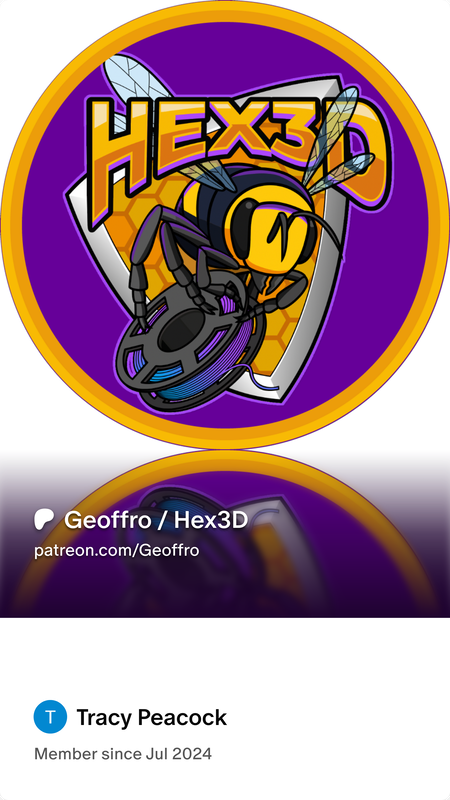

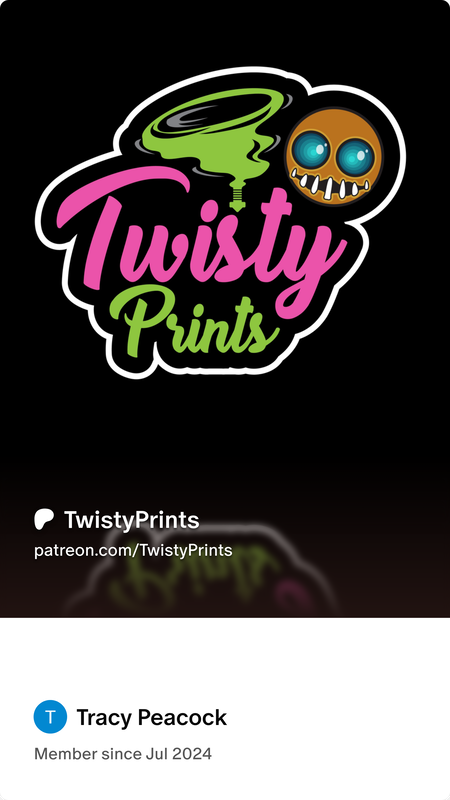
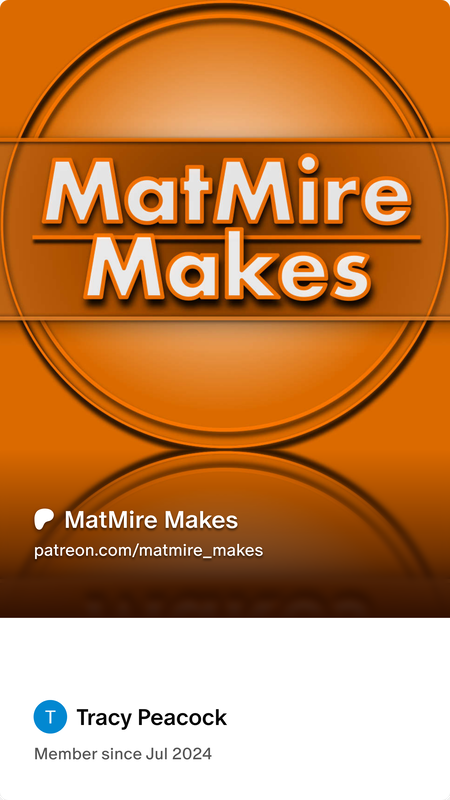

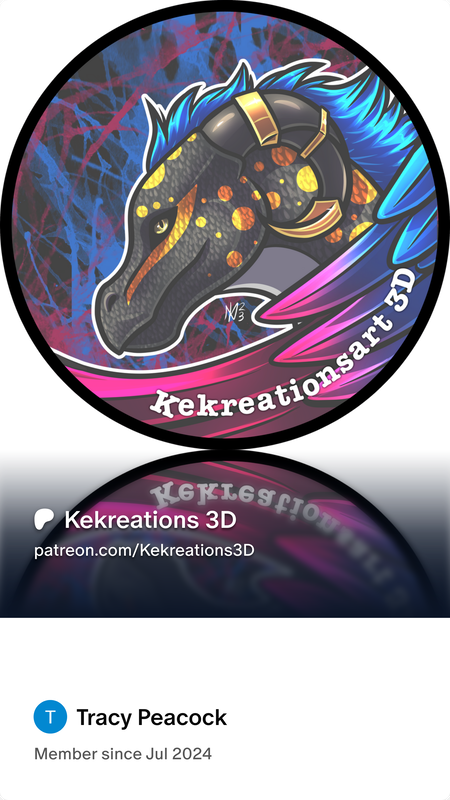
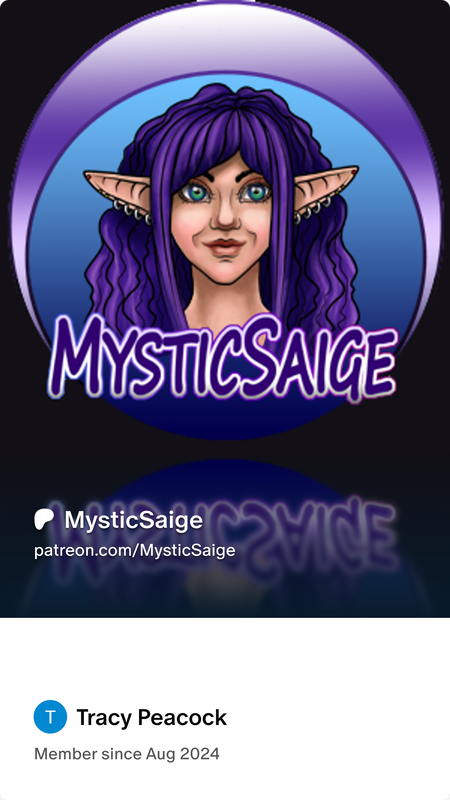
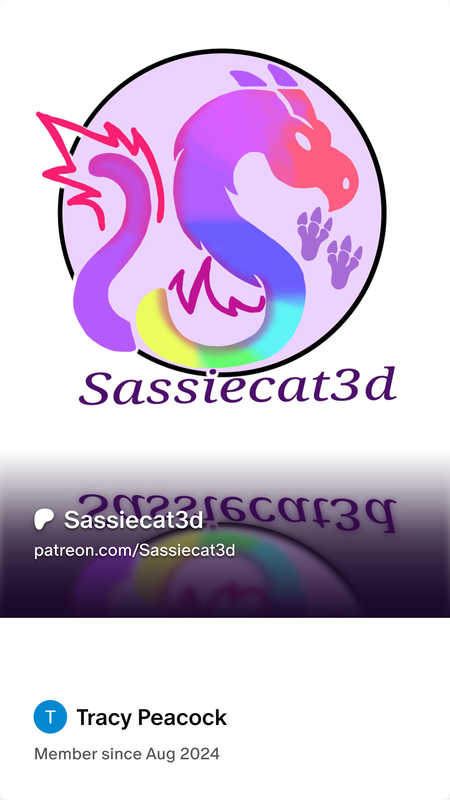
 RSS Feed
RSS Feed